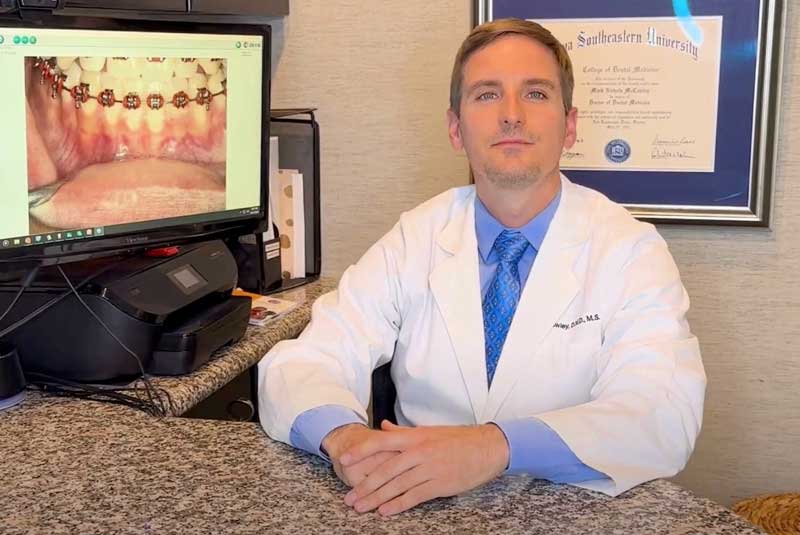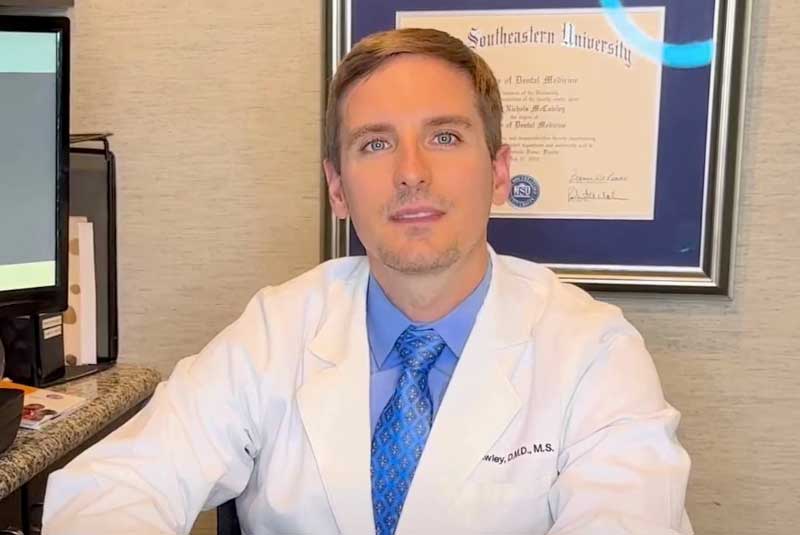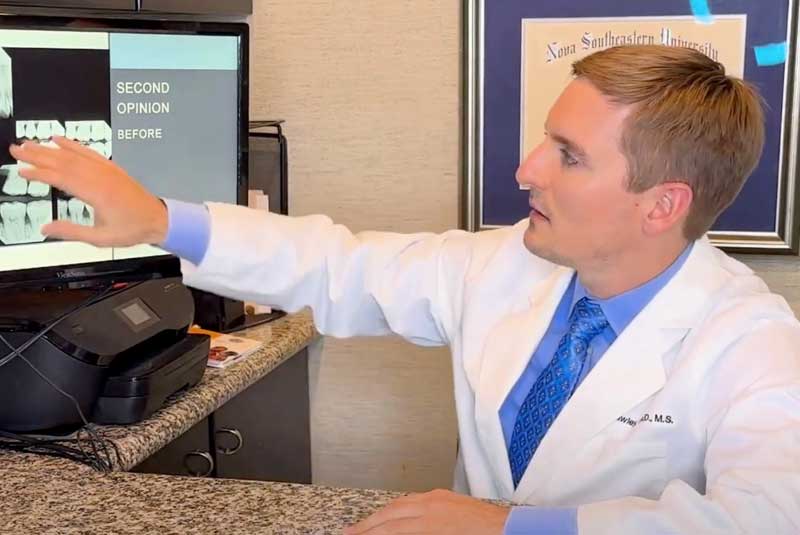
Vaping and Gum Disease: The Damage You Can’t Always See
This blog explains how vaping affects your gums, from hidden inflammation to harmful bacteria and what you can do to stop the damage before it gets worse.

This blog explains how vaping affects your gums, from hidden inflammation to harmful bacteria and what you can do to stop the damage before it gets worse.

In this blog, we break down the link between chronic bad breath and gum disease, why they often go hand in hand, and how treating both can restore your oral health.

In this blog, we explore the growing connection between gum disease and Alzheimer’s disease, what the research says, and how improving oral health may help protect your brain.

In this blog, we will answer a common concern: Is gum disease contagious? You will learn how the bacteria behind gum infections are transmitted, what increases your risk, and how daily habits and professional care can help protect both your oral and overall health.

In this blog, we explain how gum disease develops, when it can be reversed, and treatment options that help protect your teeth and restore gum health.
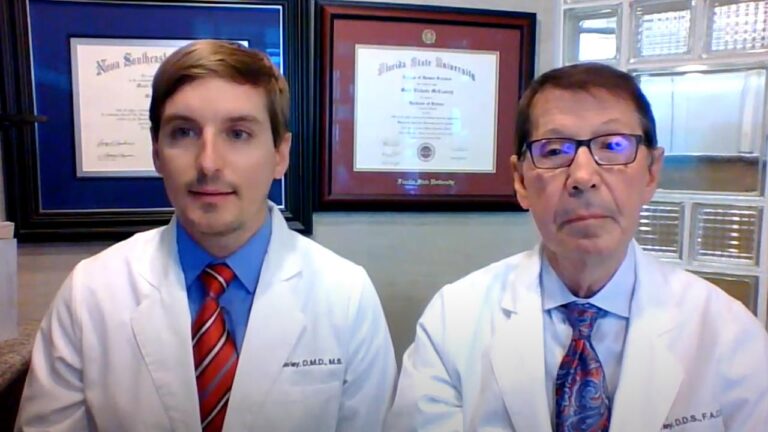
A periodontist is a dental specialist who focuses on preventing, diagnosing, and treating gum diseases and other conditions affecting the supporting structures of the teeth.

Gum line recession, or gingival recession, is a condition where the gum tissue surrounding the teeth pulls back or wears away, exposing more of the
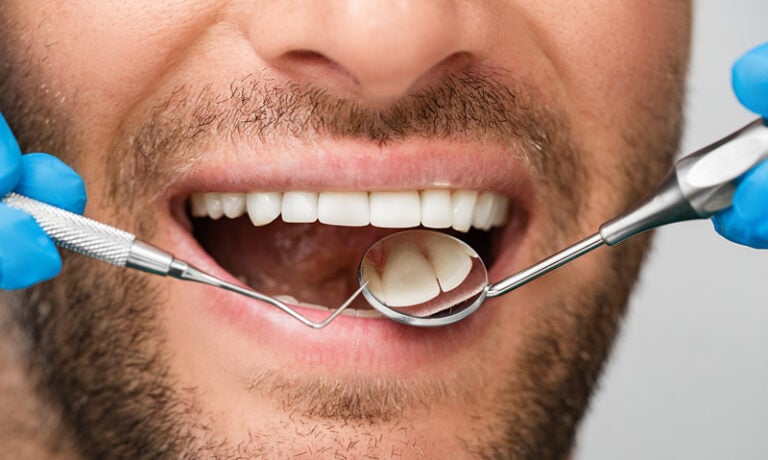
Periodontal gum disease in Fort, Lauderdale, FL, often called gum disease, is an alarming condition affecting many individuals worldwide. Roughly put, periodontal gum disease is

Periodontal disease in Fort, Lauderdale, FL also known as gum disease, is a severe infection that damages the soft tissue and, if not treated promptly,
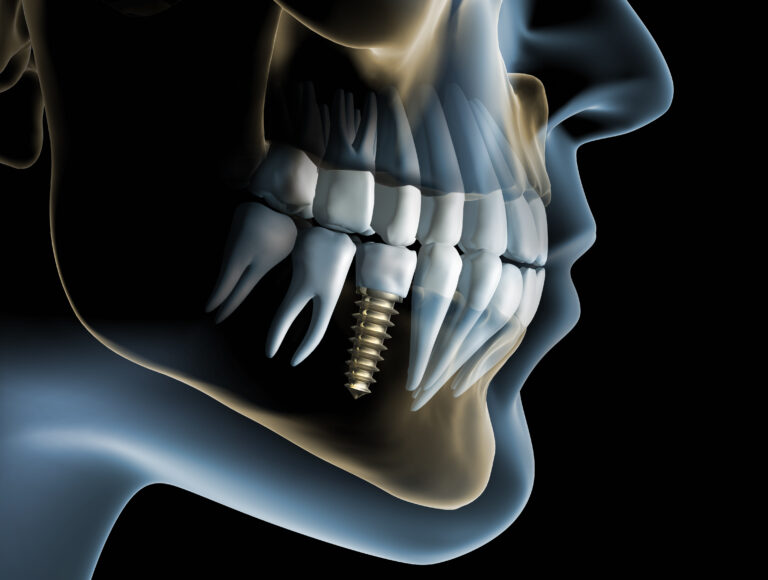
Dental implants in Fort Lauderdale, FL are a popular solution for replacing missing teeth, offering durability, functionality, and a natural appearance. However, many patients wonder
